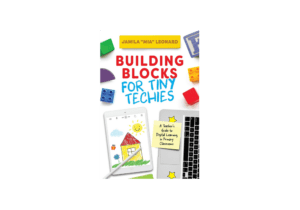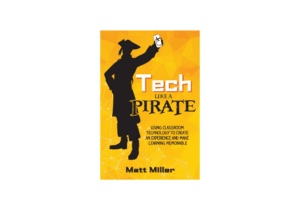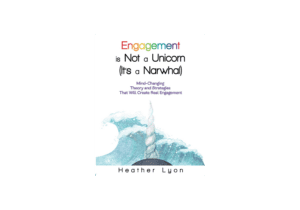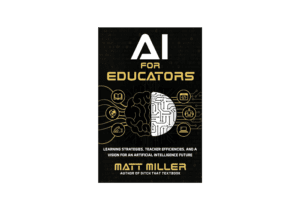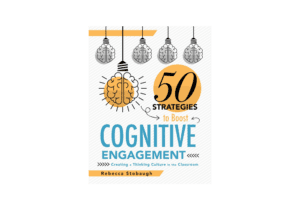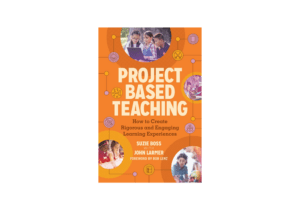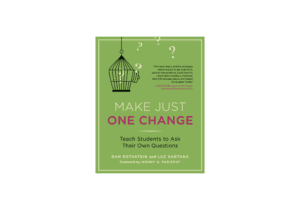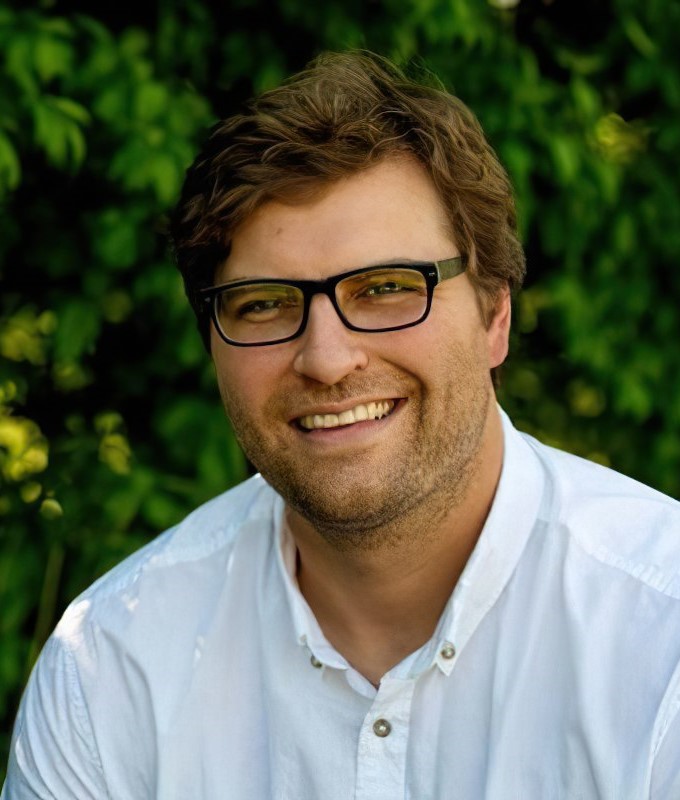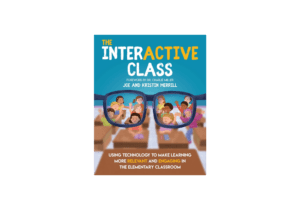
The InterACTIVE Class: Using Technology to Make Learning Relevant & Engaging in the Elementary Classroom
Are you looking for ways to make teaching and learning more InterACTIVE in your classroom? Do you ever feel overwhelmed when it comes to integrating technology and content standards? Are you searching for lessons that you can immediately implement in your learning environment? Then you are ready to dive into

